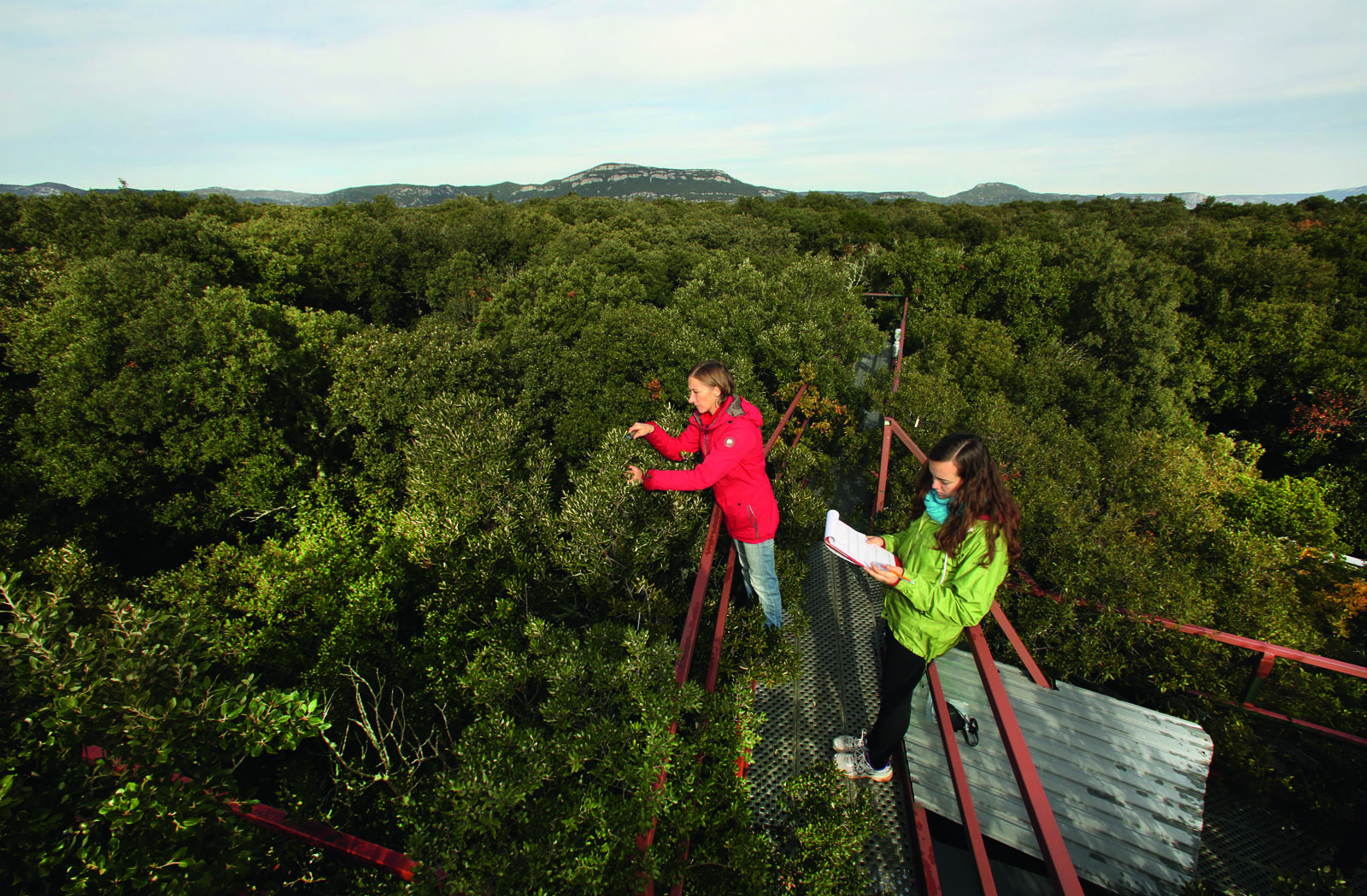NAGOYA Protocol: universities at the heart of APA initiatives
The University of Montpellier implements regulations governing access to genetic resources and associated traditional knowledge and the sharing of benefits arising from their use (ABS) in the context of research and development activities.

© Patrick Aventurier
Compliance with the Convention on Biological Diversity (CBD), avoidance of biopiracy, and above all, commitment to good practices of cooperation and benefit sharing with all our partners are strategic issues for our institution. Our approach is part of a policy of responsible research and administrative simplification for implementation as close as possible to the field.
Since 2018, the UM has launched several initiatives internally and with its partners:
- Creation of an APA unit within the institution, with the appointment of a scientific advisor and an administrative advisor for APA, and an internal committee bringing together all the expertise available within the UM's departments.
- Implementation of an inter-institutional committee with partners from the MUSE I-site (UM, CNRS, INRA, IRD, CIRAD, MSA, IFREMER) to network, share information, and harmonize internal procedures that will coexist in research units.
- Acquisition of expertise through participation in training days and networking: training day with the FRB and national parks; working meeting on collections with the MNHN.
- Organization of awareness-raising activities: conference on "First Steps in APA" in partnership with the FRB.
The internal procedure is available on the UM's digital workspace and is currently being tested in collaboration with a few pilot research units.